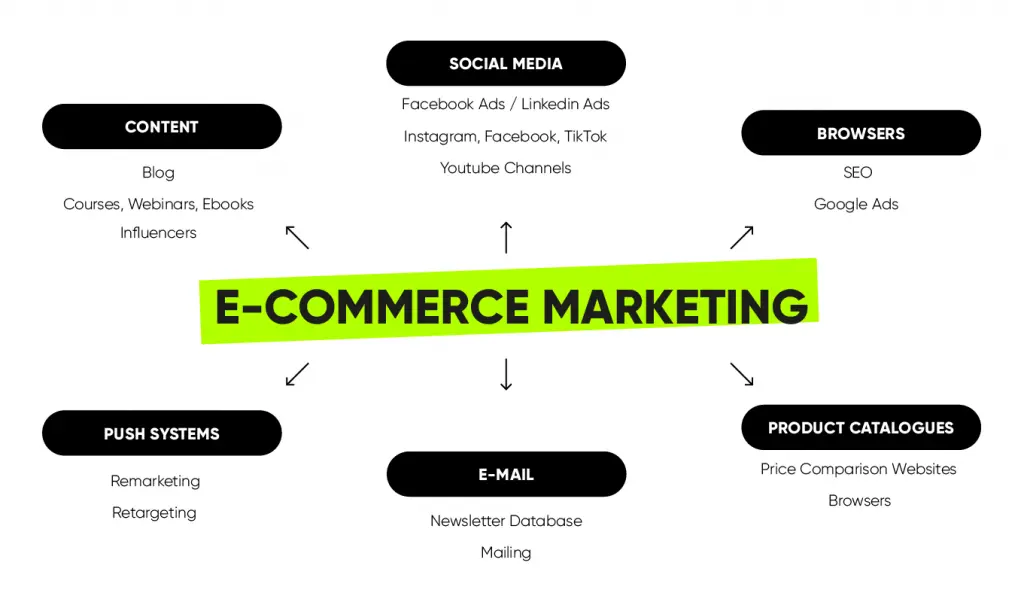E-commerce marketing has transformed the way businesses operate, driving sales and revenue online. But what exactly is e-commerce marketing? It’s a strategy that utilizes various digital channels to promote products and services, attracting and retaining customers in the online marketplace. In today’s world, where the internet is integral to everyday life, mastering e-commerce marketing is crucial for business success.
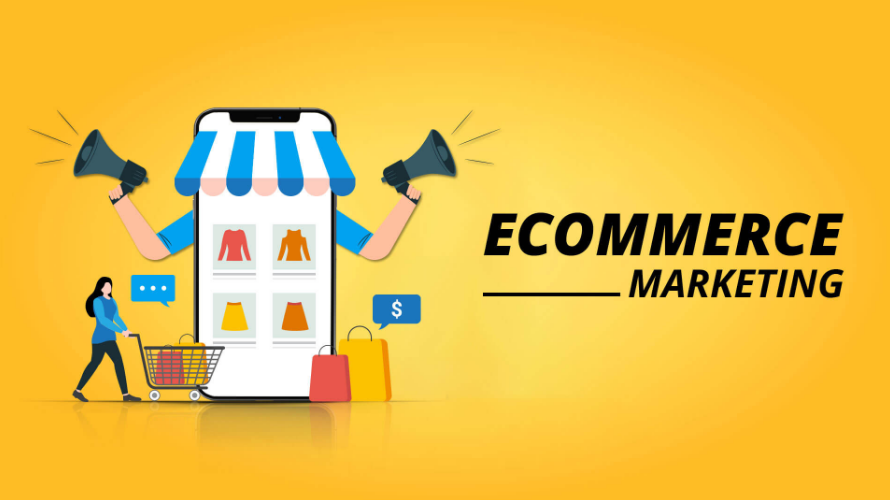
Table of contents
Understanding E-commerce Marketing
Definition and Scope
E-commerce marketing encompasses a wide range of tactics aimed at increasing online sales. This includes everything from optimizing your website to leveraging social media platforms, and much more. Essentially, it’s about creating a seamless online shopping experience that encourages visitors to become loyal customers.
Evolution of E-commerce Marketing
E-commerce marketing has evolved significantly over the years. From simple banner ads and email campaigns to sophisticated AI-driven strategies and personalized marketing, the tools and techniques available today are more advanced than ever. This evolution has made it possible for even small businesses to compete on a global scale.
Key Components of E-commerce Marketing
| Aspect | Description |
| Website Optimization | A well-optimized website is the foundation of e-commerce marketing. It involves creating a user-friendly design that is easy to navigate, ensuring mobile responsiveness, and improving page load speed. These factors contribute to a positive user experience, which is essential for converting visitors into customers. |
| Content Marketing | Content marketing plays a vital role in e-commerce by attracting and engaging potential customers. This includes blogging, creating detailed product descriptions, and encouraging user-generated content. High-quality content helps establish your brand as an authority in your industry, driving more traffic to your site. |
| Social Media Marketing | Social media platforms are powerful tools for reaching a broad audience. By choosing the right platforms, creating engaging content, and investing in social media ads, you can increase brand awareness and drive traffic to your e-commerce site. It’s also a great way to interact with your audience and build a community around your brand. |
| Email Marketing | Building a robust mailing list and crafting effective email campaigns can significantly boost your e-commerce sales. Personalization and automation make it easier to send targeted messages that resonate with your audience, leading to higher conversion rates and customer retention. |
Search Engine Optimization (SEO)
SEO is crucial for making your e-commerce site visible to search engines and potential customers. This includes on-page SEO (optimizing content and keywords), off-page SEO (building backlinks), and technical SEO (improving site speed and structure). A well-optimized site ranks higher in search results, driving more organic traffic.
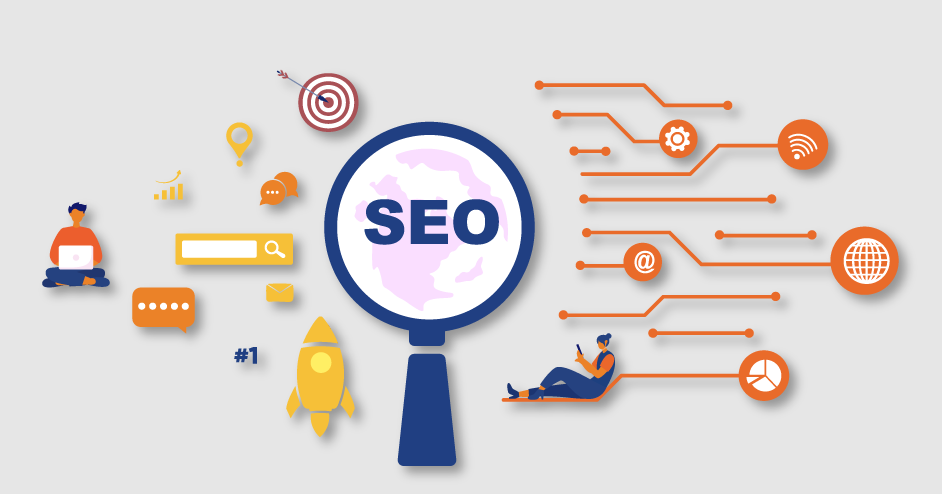
Pay-Per-Click (PPC) Advertising
PPC advertising allows you to reach your target audience quickly by placing ads on search engines and other platforms. Understanding the benefits of PPC, such as immediate visibility and precise targeting, can help you create effective campaigns that drive traffic and sales.

Website Optimization
Importance of User-Friendly Design
A user-friendly design makes it easy for visitors to navigate your site, find what they’re looking for, and complete purchases. Clear menus, intuitive layouts, and helpful search functions contribute to a positive user experience.
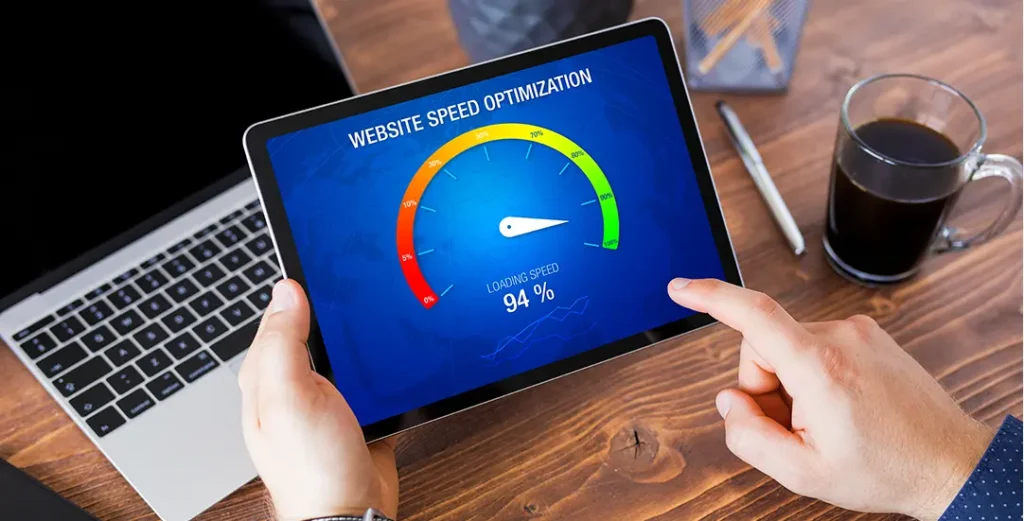
Mobile Responsiveness
With more people shopping on mobile devices, ensuring your website is mobile-responsive is crucial. A mobile-friendly site adjusts to different screen sizes, providing a seamless experience for users on smartphones and tablets.
Page Load Speed
Page load speed directly impacts user experience and SEO. A slow-loading site frustrates visitors and can lead to high bounce rates. Optimizing images, using a content delivery network (CDN), and minimizing code can help improve load times.
Content Marketing Strategies
Blogging for E-commerce
Blogging is an effective way to drive traffic to your site and improve SEO. By creating valuable content that addresses your audience’s needs and interests, you can attract more visitors and establish your brand as an industry leader.

Product Descriptions
Detailed and engaging product descriptions help customers make informed purchasing decisions. Highlight the features, benefits, and unique selling points of your products to persuade potential buyers.
User-Generated Content
Encouraging customers to share reviews, photos, and testimonials creates social proof and builds trust in your brand. User-generated content also provides fresh material for your site, enhancing SEO.
Social Media Marketing
Choosing the Right Platforms
Not all social media platforms are created equal. Identify where your target audience spends their time and focus your efforts on those platforms. For example, Instagram might be ideal for fashion brands, while LinkedIn could be better for B2B companies.
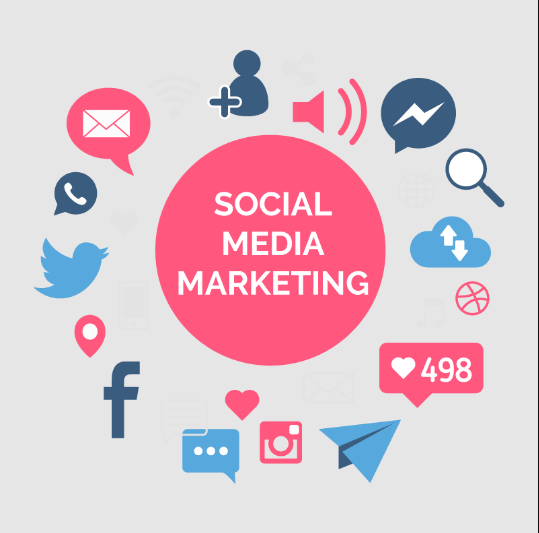
Creating Engaging Content
Engaging content captures your audience’s attention and encourages interaction. Use a mix of images, videos, and stories to keep your social media presence dynamic and interesting.
Social Media Ads
Investing in social media ads can increase your reach and drive traffic to your e-commerce site. Platforms like Facebook, Instagram, and Twitter offer advanced targeting options to help you reach your ideal audience.
Conclusion
E-commerce marketing is an essential component of modern business strategy, driving sales and revenue through various digital channels. By optimizing your website, creating high-quality content, leveraging social media, utilizing email marketing, and employing effective SEO and PPC strategies.
Read more : Local SEO Strategies: Getting Found by Customers in Your Area
FAQs
E-commerce marketing involves using digital channels to promote products and services online, aiming to attract and retain customers.
Website optimization ensures a user-friendly design, mobile responsiveness, and fast page load speeds, which are crucial for a positive user experience and higher conversion rates.
Social media marketing can increase brand awareness, drive traffic to your e-commerce site, and help you build a community around your brand through engaging content and targeted ads.
Email marketing allows you to send personalized, targeted messages to your audience, nurturing leads and boosting sales through effective email campaigns.

